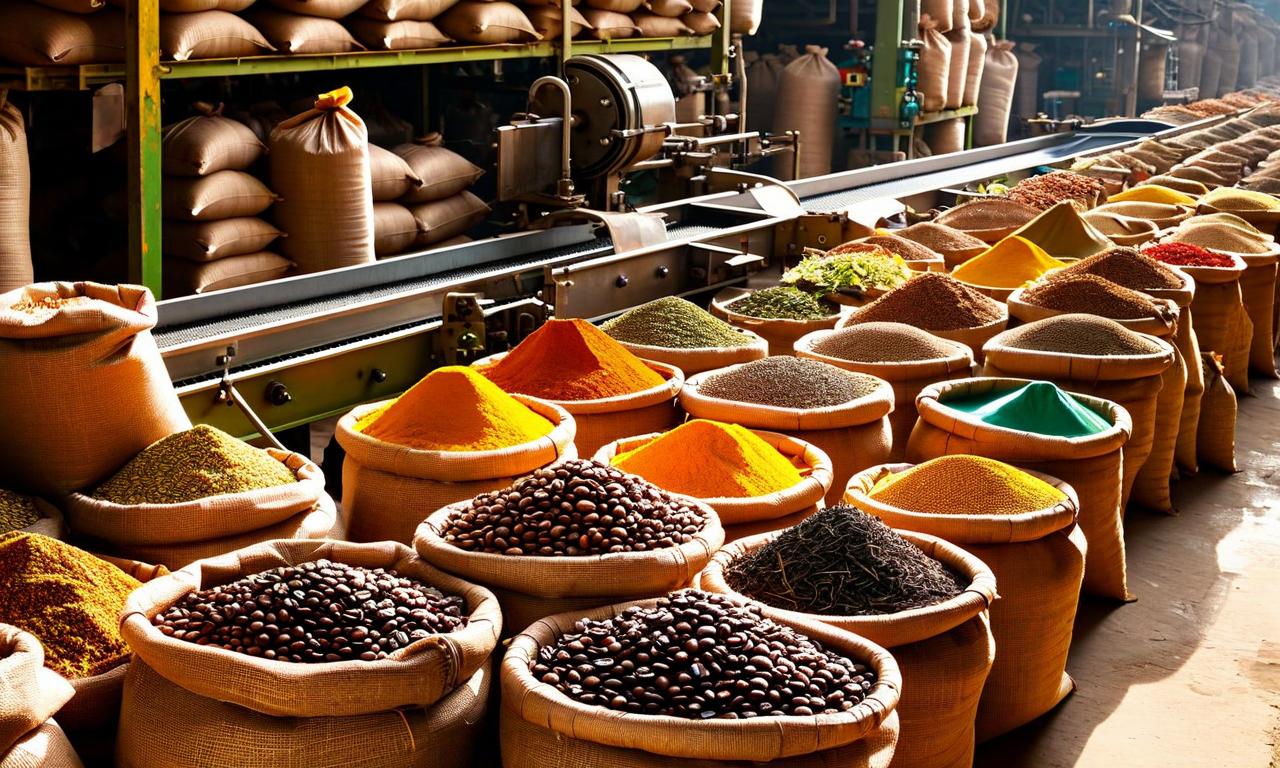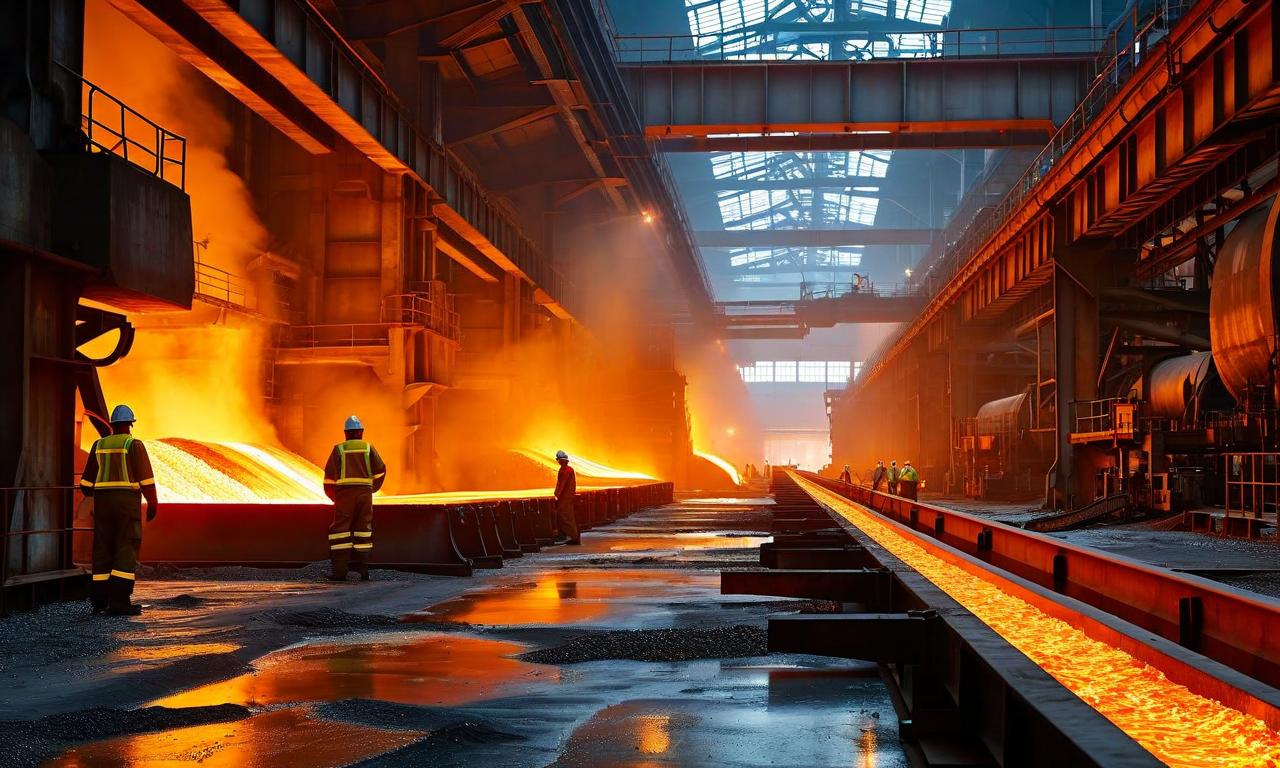China Eases Urea Export Restrictions to India Amid Improving Relations
China has relaxed its urea export policies toward India, signaling a potential shift in fertilizer trade dynamics. This move comes as diplomatic tensions between the two nations show signs of improvement. The easing of restrictions is expected to impact the fertilizer industry, potentially benefiting Indian companies that rely on urea imports. It may lead to improved access to urea supplies for Indian fertilizer companies, potentially stabilizing prices and ensuring more consistent availability. The development could also affect the trade balance between China and India and potentially benefit Indian farmers with a more stable supply of this essential fertilizer.

*this image is generated using AI for illustrative purposes only.
In a significant development for the global fertilizer market, China has relaxed its urea export policies toward India, signaling a potential shift in the trade dynamics between the world's two most populous nations. This move comes as diplomatic tensions between China and India show signs of improvement, potentially benefiting companies in the fertilizer sector, including Fertilisers & Chemical Travancore .
Implications for the Fertilizer Industry
The easing of urea export restrictions is likely to have far-reaching effects on the fertilizer industry, particularly for Indian companies that rely on urea imports. Urea, a crucial nitrogen-based fertilizer, plays a vital role in agricultural productivity and food security.
Diplomatic Thaw
The relaxation of export policies is seen as a positive indicator of improving diplomatic relations between China and India. This development could pave the way for enhanced cooperation in various sectors, including agriculture and trade.
Market Impact
While specific financial data for individual companies is not available, the news is expected to influence the fertilizer market dynamics:
Supply Chain: Indian fertilizer companies may see improved access to urea supplies, potentially stabilizing prices and ensuring more consistent availability.
Trade Balance: The move could impact the trade balance between the two countries, with potential increases in urea imports from China to India.
Agricultural Sector: Indian farmers might benefit from a more stable supply of urea, which is essential for crop production.
Looking Ahead
As this situation develops, stakeholders in the fertilizer industry will be closely monitoring how these policy changes translate into actual trade flows and market dynamics. The easing of restrictions represents a positive step towards normalizing trade relations and could have broader implications for agricultural productivity and food security in India.
While the long-term effects remain to be seen, this development marks a significant shift in the fertilizer trade landscape between China and India, with potential ripple effects across the global agricultural sector.
Historical Stock Returns for Fertilisers & Chemical Travancore
| 1 Day | 5 Days | 1 Month | 6 Months | 1 Year | 5 Years |
|---|---|---|---|---|---|
| +0.70% | -0.78% | -9.38% | -20.34% | -2.39% | +931.67% |




























